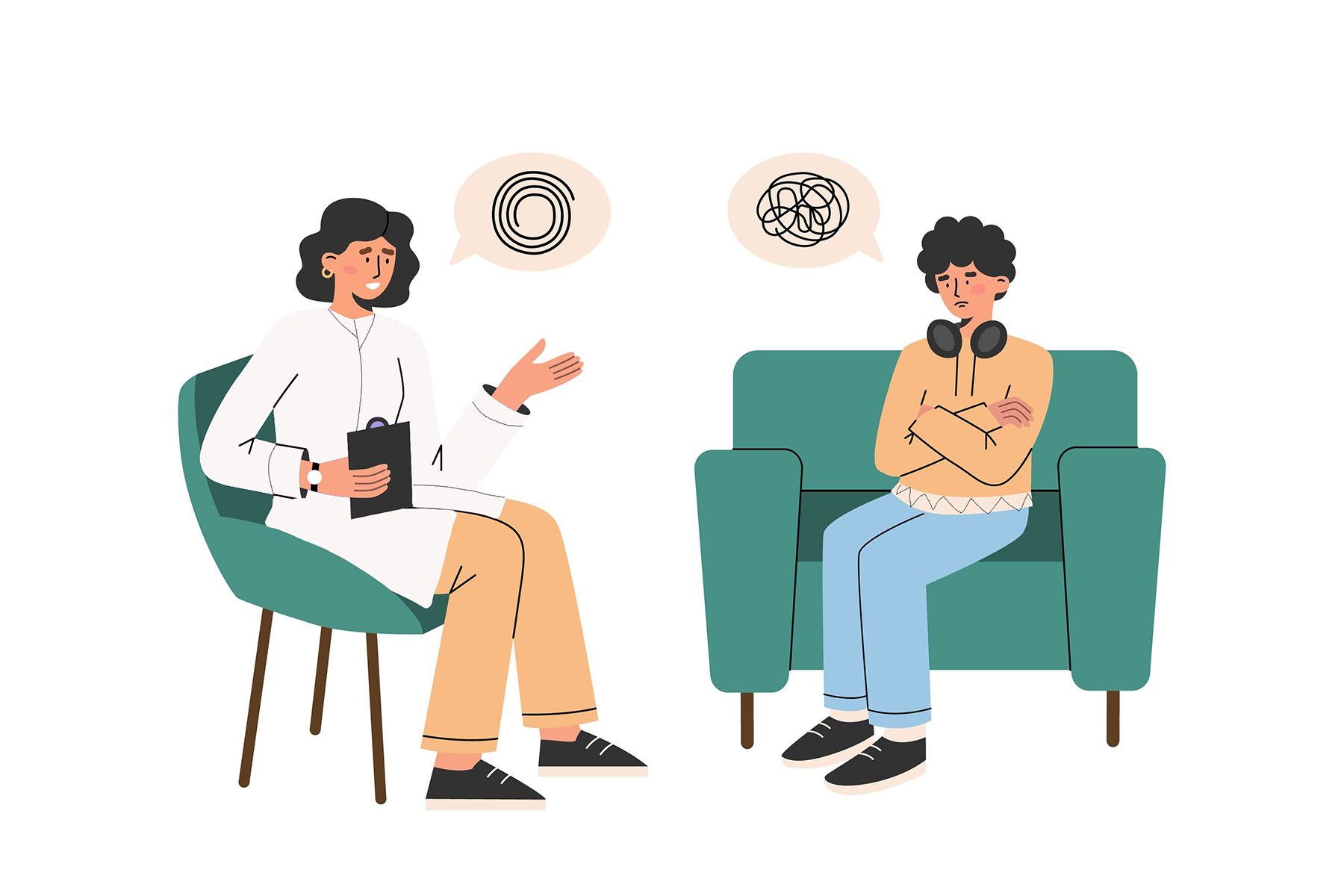The doctor-patient relationship is something we’re always trying to get right because so much of the success of our patient encounters depend on it. An ideal relationship involves vulnerability and trust. The physician agrees to respect the patient’s autonomy, maintain confidentiality, explain several treatment options, obtain informed consent, provide a high standard of care, and commit not to abandon the patient.
Sometimes this ideal interaction doesn’t go too well. Our patients have easy access to a wealth of medical information and misinformation that they don’t know how to contextualize. They have the autonomy to determine their own healthcare decisions in concert with or against what the physician recommends.
Over the years, physicians have developed a virtual rule book for those patients who we consider to be “good.” Our desire is that all our patients follow the rules, get better, and thank us for our expertise. In the real world however, our patients disagree with us, reject the plan, and ask for something that is contraindicated. Some huff off in anger or dissatisfaction.
To improve the relationship, let’s consider three parts. Number one is what the patient thinks of you. This is more like what you think the patient thinks of you because you don’t really know what they are thinking. Number two is what you think of the patient and number three is what you think of you. Notice that all of these exist in your own mind. You can choose better thoughts about even your most challenging patients and definitely about yourself.
Mitigating Doctor-Patient Disagreements
From the patient’s point of view, the way you behave, the things you say, and the things you do comprise the story that they believe about you. The patient expects you want to help them feel better. If the patient wants a test or a medication that the physician thinks is not indicated or harmful, the patient rarely understands the reasons why they can’t get what they want.
Most physicians choose to think that our patients consider us as careful and considerate professionals who will address their medical issue with their best interest at heart. So, when the patient wants a different plan of care or medication, what can physicians do to mitigate these confrontations?
Instead of hewing to the one plan or treatment that you, the physician chooses, could there be more than one choice or path forward? Could you be wrong about that one and only plan you have formulated? Can both parties step back and re-evaluate after a few days or a week? Can there be common ground to explore and find an intermediate between your plan and the patient’s plan?
Are you confident in your own ability and training? This is the third portion of the doctor-patient relationship. If you are confident, can you accept that not all patients will agree with you and comply with your instructions? If you can accept those challenging people as they are, you can feel better about a lot more of your doctor-patient interactions.









